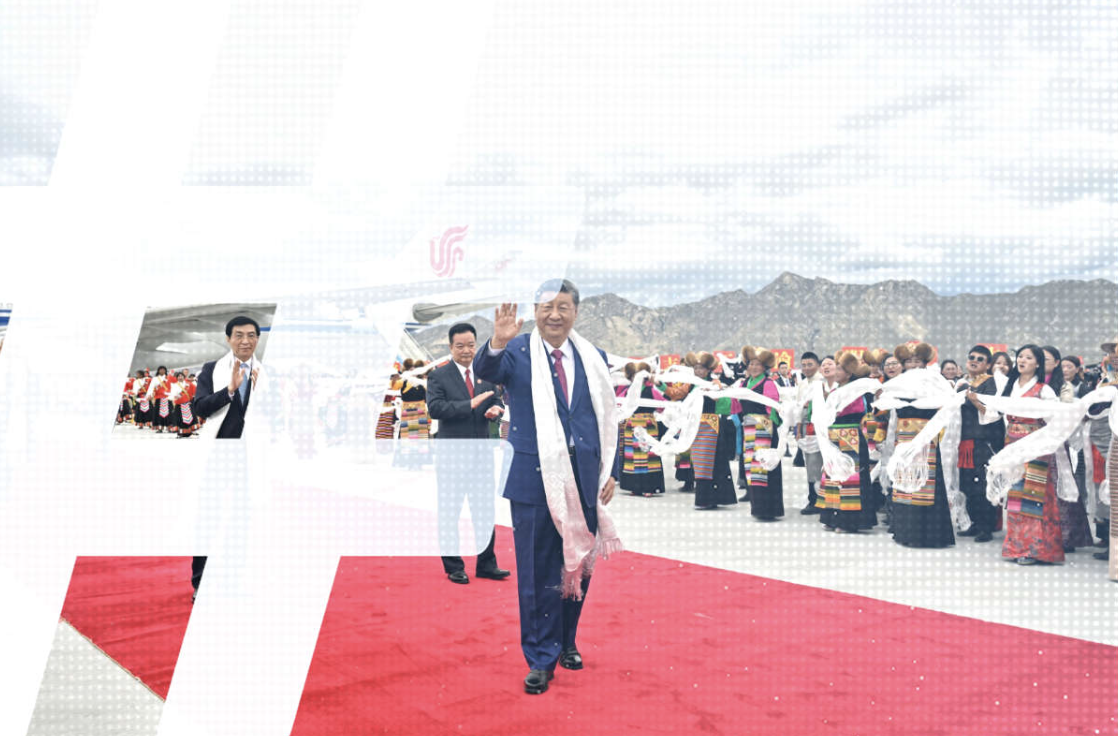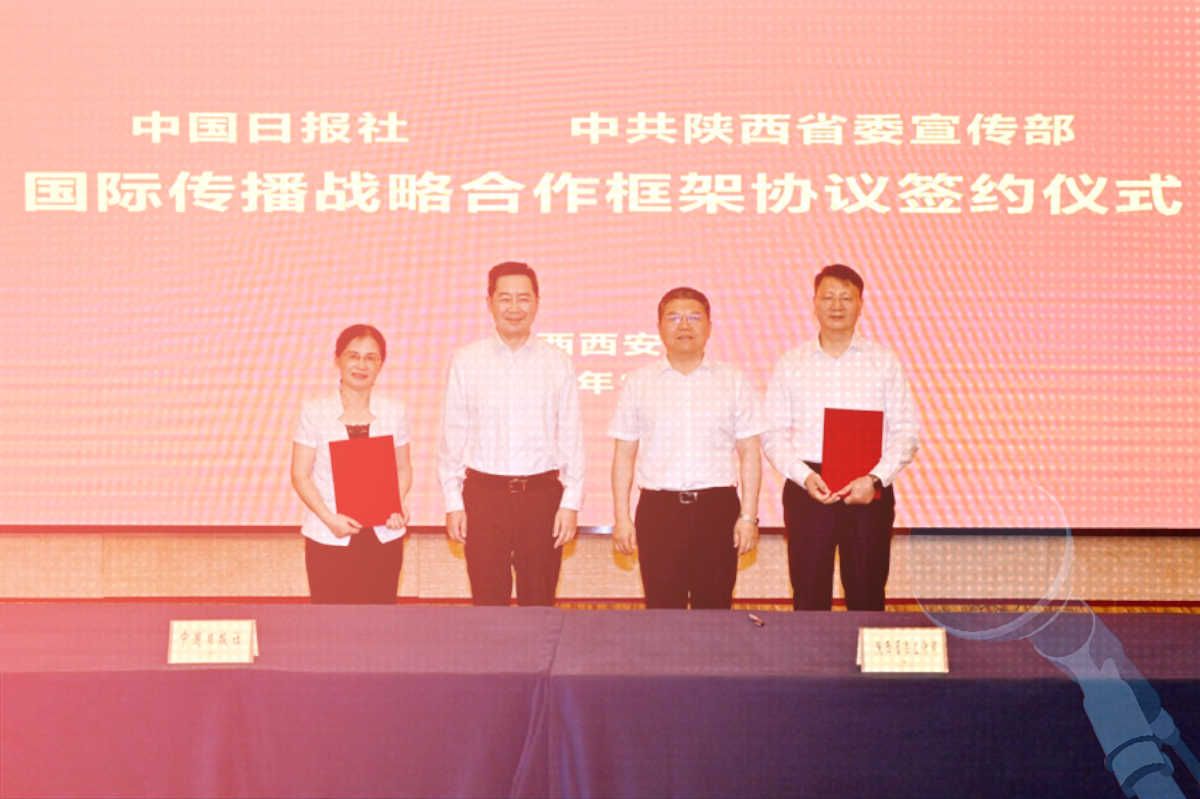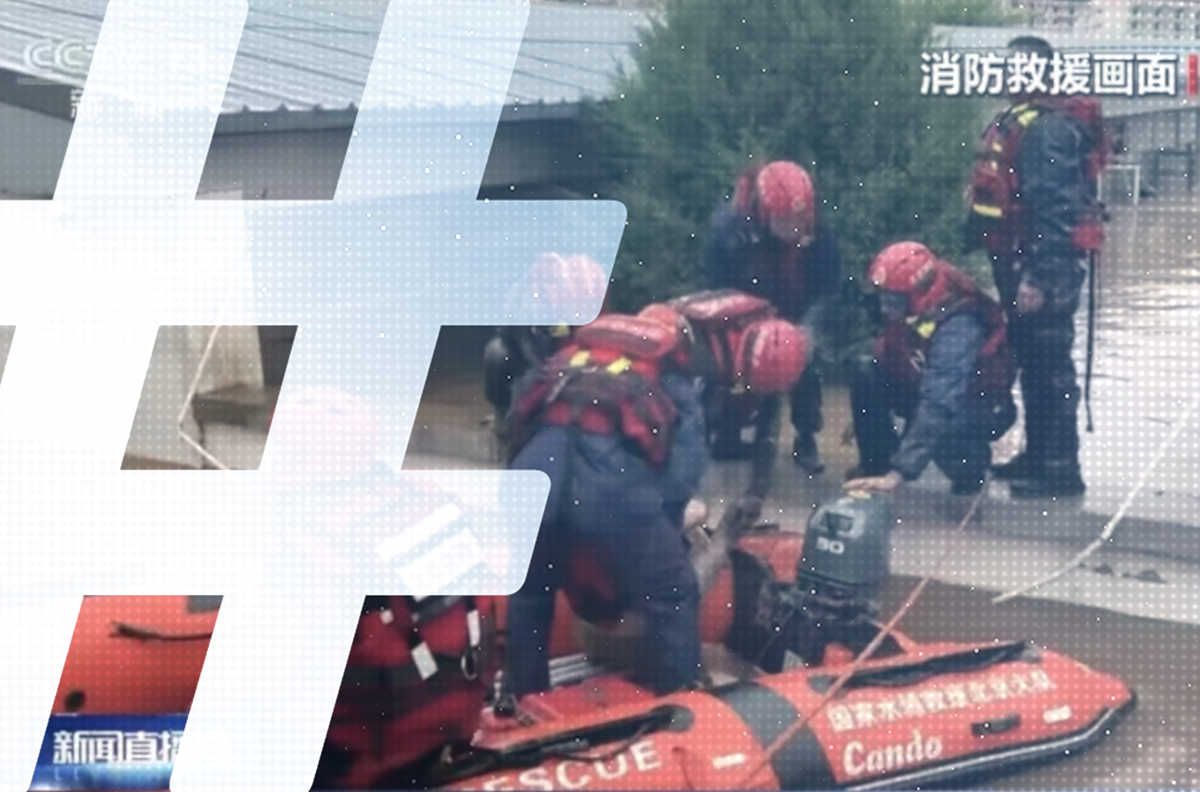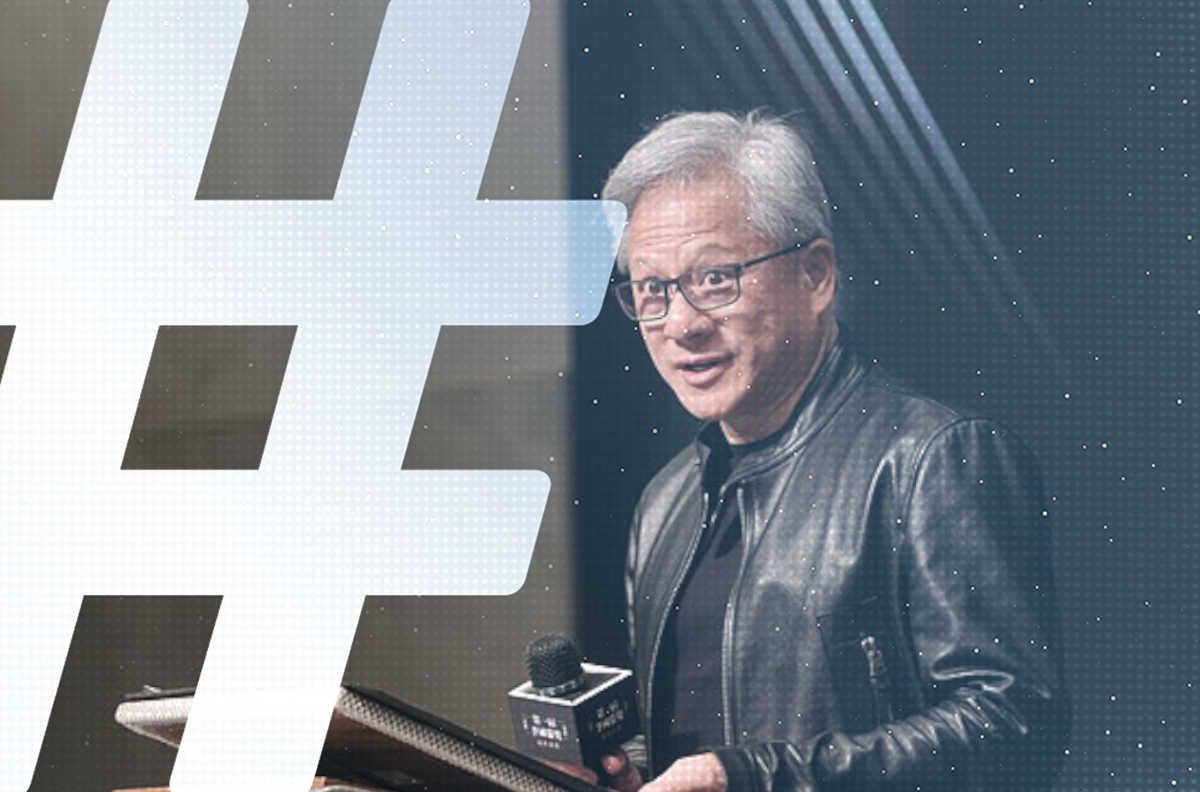Headlines and Hashtags
The Beijing News defends Chinese media coverage of the “Zhou Mi Affair”
In a statement yesterday former badminton champion Zhou Mi turned her fire on Chinese and foreign media, responding to speculation she planned to relinquish her Chinese nationality and play for Malaysia’s national team.
Zhou said the situation, which has been dubbed the “Zhou Mi Affair” (周蜜事件), spun out of control because foreign media “misled the public” and Chinese domestic media “blew the story out of proportion”. Zhou said in the statement, distributed through major Chinese web portals, that her “patriotism cannot so easily be denigrated”. She added that she has not yet made any firm decisions about her future plans. “When and if I do decide to make a return to badminton, I will speak and act carefully”, said Zhou, who retired from the Chinese national team in 2005 after suffering a knee injury.
The “Zhou Mi Affair” highlights growing tension between China’s increasingly commercialized and freewheeling media and public personalities like Zhou who are sources of interest to Chinese media consumers. The media’s hunt for compelling stories has led to a growing number of defamation cases in recent years. Problems are compounded by a lack of adequate channels of information about personalities, a point The Beijing News makes in its editorial on the affair today [See below].
The “Zhou Mi Incident” was fueled by reports in Malaysian media earlier this month that Zhou Mi would spend a month in Kuala Lumpur as a sparring partner for Wong Mew Choo as Wong prepared for the world championships in Spain. Malaysia’s The Star Online, an English-language online publication, said sports officials had given Zhou Mi the green light to play for Malaysia’s national team and suggested the one-month sparring arrangement was a trial run: “National chief coach Yap Kim Hock said that Zhou Mi would continue to train in Malaysia under national men’s singles coach Li Mao. And she may well represent Malaysia in the future”, the publication said.
Chinese media quickly picked up on reports in the Malaysian press and before long the storyline read that Zhou Mi planned to “relinquish her Chinese citizenship and play badminton for Malaysia“. On August 5, Beijing Youth Daily quoted an article in Malaysian media that said, “former Chinese national badminton player Zhou Mi is already playing for Malaysia”. Beijing Youth Daily said it was doubtful, though, that Zhou Mi would play for the country. In another August 5 report Chengdu Commercial Daily quoted Badminton Association of Malaysia representatives as saying it was possible Zhou Mi would serve as either a coach or a player for the Malaysian team in the future.
The following are excerpts of Zhou Mi’s statement as it appeared at Sohu.com:
News reports about my relinquishing of my Chinese nationality and becoming a Malaysian citizen have no basis in fact. First of all, I am visiting for one month on a tourist visa. During that time I will have exchanges with the Malaysian national badminton team … This is beneficial for enhancing exchange of badminton culture. For me personally, the opportunity enhances my personal life experience, allowing me to improve my knowledge of badminton players of other nationalities … Secondly, I am deeply proud of being a Chinese and looking at the daily development of our country makes me proud …
I think the media bears a large responsibility for taking an ordinary situation and turning it into such a big disturbance … As for some of the comments he made [referring to Chinese national Coach Li Yongbo], foreign media misled the public and Chinese domestic media blew the story out of proportion …
The Beijing News printed the following editorial in today’s sports section. The editorial challenges Zhou Mi’s assertion that media alone bear responsibility for the “Zhou Mi Affair”, and ends with a cheeky play on Zhou Mi’s words in her statement, in which she said her “love for her country could not be so easily denigrated”:
Yesterday former badminton world champion Zhou Mi (周蜜) issued a statement through several major Internet portals saying that her patriotism is not in question, and pointing her spearhead at the media ……
My core question is the same as that in Zhou Mi’s statement, whether the most media were seeking the truth and whether they acted professionally with respect for their readers, [but] I have no doubt [that the media did]. Just as we have never been jealous or suspicious of Zhou Mi’s feelings of patriotism, I believe that the original intention of most media was to seek the facts, and was not, as national champion Zhou said, to take the issue and blindly blow it out of proportion.
If all parties had kept clear heads and serious demeanors, the “Zhou Mi Affair” would not have evolved to the point it has. Even if there really was “untruth” as the party involved [Zhou Mi] has said, well then, National Champion Zhou and Coach Li and even the whole badminton team, and the media are all responsible in their own ways. Moreover, the media does not in this case as the party involved [Zhou Mi] has said, “have major blame” (“有很大的责任”). There are three reasons to reach this conclusion. First of all, our national team has not yet joined tracks with international practice, and if there were an effective news announcement system (新闻发言人制度) there would be no need of troubling Coach Li Yongbo for a response. Secondly, the person around which the speculation centered [Zhou Mi] did not take the first available opportunity to explain the facts in person, and without her guidance it was tough to avoid an overflow of information. Thirdly, the above two factors put the media in a very awkward situation — the pursuit of the facts does not permit the media to give up lightly, simply tossing aside information from various sources, and so responsibility for the so-called “stirring up” of the “Zhou Mi Affair” does not lie with the media, or at least not entirely with the media.
Another convincing fact is that Li Yongbo, one of the parties involved, never came forward to deny his previous comments on the “Zhou Mi Affair” … If Zhou Mi had come forward with her statement earlier things would not have played out as they did.
I end with a truism: the relationship between the media and public figures is, to put it gently, like the relationship between lips and teeth, or more harshly, one of mutual imposition. You might be a star, but the truth or inaccuracy of news is not for you to decide. As for shoving full responsibility on the media, while this is safe and diverts the attention of the public it is dishonest. We in the media can also issue our own statement: the media’s love of the truth cannot so easily be denigrated.
[Posted by David Bandurski and Brian Chan, August 10, 2006, 3:42pm]




















